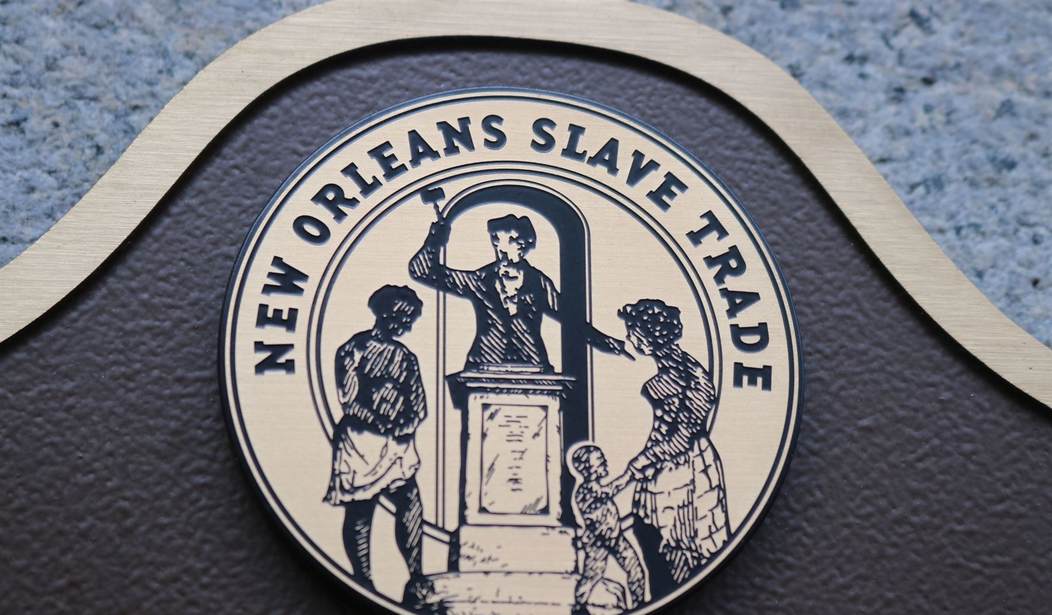The justification for affirmative action was not a bad one: African Americans got screwed for much of American history.
You can’t sugarcoat reality. Slavery was evil, and most slaves in America were Black, and most Blacks in the slavery era were slaves. Sure, there were exceptions. Some Blacks owned slaves, and many indentured servants who were White were treated like slaves.
But let’s face facts: as a class, Blacks were treated unforgivably. Jim Crow laws and other methods were used to oppress Blacks post-slavery, and when civil rights laws were passed and eventually enforced that history left a legacy that persists to this day.
Yet in my view, affirmative action was a terrible idea that on balance made things much worse than doing nothing.
The basic theory behind the program was fatally flawed in several ways.
First and foremost, affirmative action addressed the wrong problem. Employment and admissions preferences didn’t address the most pressing issue that minorities face in America, and that is the horrible and unequal education that they get at the primary and secondary levels. Admitting a few more Black students into Harvard does nothing for the biggest problem facing the average African American: they aren’t just unprepared to go to college, but unprepared to get a good job.
Poor performance in math and reading plague the minority communities of America, and the Left has done everything it can to hold back necessary reforms to the public education system. And until Blacks get an equally effective education in America, no amount of advantage given to qualified Black applicants for jobs or college means diddly squat for the vast majority of Blacks. 10 extra Black Harvard grads means nothing.
Secondly and relatedly, affirmative action helps relatively few Blacks get ahead. A relatively small percentage of Blacks ever actually benefited from the program compared to the Black population as a whole. The case that finally broke the back of Affirmative Action had to do with admissions to Harvard, and statistically speaking nobody goes to Harvard. If every Harvard grad disappeared from the face of the Earth it would have no statistical impact at all. The Census Bureau wouldn’t even move a decimal point in population statistics.
Sure, the few people who go there felt the effects, positive and negative of Affirmative Action, but so what? In the grand scheme of things that doesn’t impact the population any more than a gnat’s fart has on the climate. Add in all the other people who were helped by Affirmative Action and you have made no dent in the Black population’s overall wealth or prospects. Look at what 5 decades of Affirmative Action has done: is the Black population satisfied with the results?
Third, the psychological/sociological impacts of Affirmative Action far outweighed the practical impact. Whites and Asians felt screwed by the program, and Blacks who got ahead had to deal with others’ sense that their positions were due to unearned privilege, not personal achievements. True or not, the taint was there. The social costs of casting doubt on Black achievements and the heightened resentment among those who justifiably or not felt they got cheated out of a job or a prestigious education far exceeded the benefit to the Black community.
Fourth, we are compensating the descendants of those who were directly harmed, and not those who were harmed. Reparations are not a bad idea in principle–lawsuits exist to give reparations to people harmed by a bad act. But things get mushy when we start picking and choosing descendants far removed from the actual victims. It’s not that they haven’t suffered some harm from what was done to their ancestors–they often have–but you have opened a can of worms. Everybody is descended from victims and often perpetrators of harm. Who will get paid off, and who pays?
It’s a mess.
And that is the most important flaw in the case for Affirmative Action: the injustices are real, but there is no good way to compensate for them because the world is really very messy. For some problems, there is no policy solution. And the search for a way to make the world right often makes the world less so. Affirmative Action is such a case. On balance, it did more harm than good because it perpetuated social discord without solving the original problem.
Blacks on average are still worse off than most other people in the US. And, ironically, Blacks and Whites seem more angry at each other than has been true in decades.
For many problems, there is only one solution: time to heal and find a way to work together. Stoking anger and resentment seems to be the solution du jour, and it is no solution at all.
Public policy isn’t going to solve America’s racial problems, although improving access to high-quality primary and secondary education would be a great start. A booming economy would help everybody. Black prosperity shot up during Trump’s term because the economy was humming.
But a comprehensive solution to getting racial disparities behind us? The only answer is time and an economy with room for everybody to succeed.








Join the conversation as a VIP Member